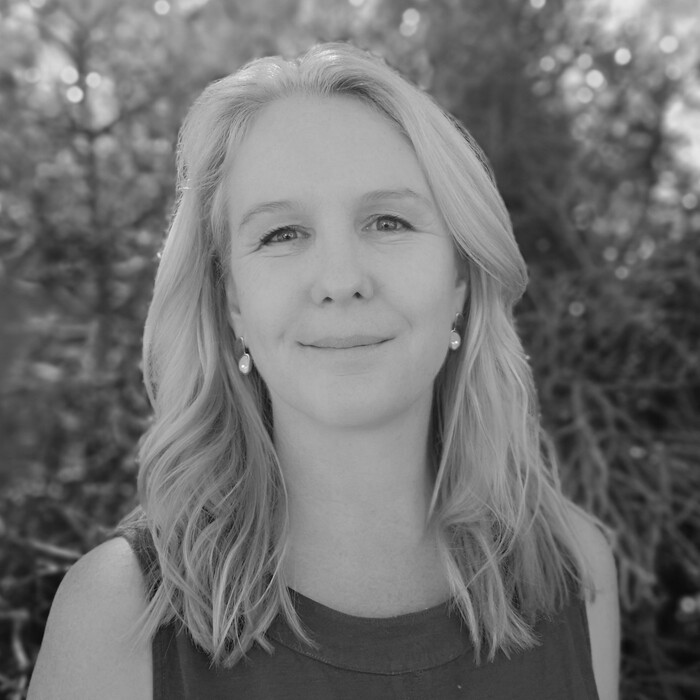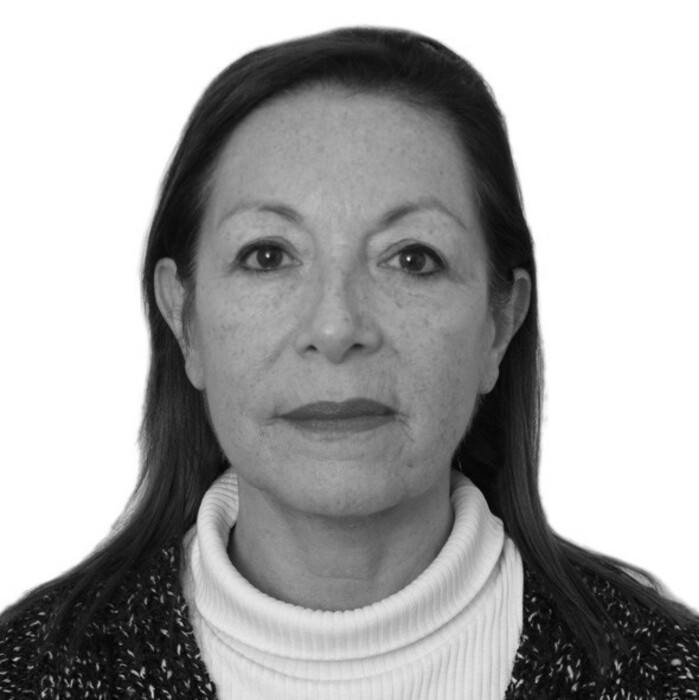[ad_1]
TNRC Understanding Sequence
Anti-corruption insights for conservation and all-natural useful resource management
Employing political financial state examination to help corruption danger assessments that fortify law enforcement towards wildlife crime
Tuesday
April 12, 2022
Time
9:00am – 10:30am Washington, DC
1:00pm – 2:30pm Cambridge, United kingdom
4:00pm – 5:30pm Nairobi, Kenya
8:00pm – 9:30pm Bangkok, Thailand
Exactly where
Remote Only
About the event

Political economic climate methods are ever more leveraged in conservation to support evaluate proportions of politics and electric power in a offered context, to advise more robust and much more strategic ways to handle risks to conservation outcomes, including dangers from corruption. Below the TNRC venture, the Basel Institute on Governance has performed political economic system analyses (PEAs) in three countries—Uganda, Malawi, and Peru—to superior realize the context for illegal wildlife trade investigations and prosecutions. In this Studying Collection Webinar, the authors of a forthcoming TNRC follow notice will share insights on the utility and implementation of PEA to inform corruption threat assessments that fortify law enforcement against wildlife crime. Their working experience is a resource for practitioners who request to include corruption threat assessment into their programming to fight wildlife crime. Useful reflections will be available by USAID and WWF gurus.
Finding out inquiries
1. How does political overall economy examination tell assessments of corruption risk in the investigation and prosecution of wildlife crimes? What can be acquired from a political financial system analysis that other varieties of hazard evaluation may possibly miss out on?
2. How should really findings from political economic system analysis tell the design or adaptation of corruption threat mitigation measures to boost conservation results?
3. What functional assistance need to be adopted when implementing political economic climate investigation in contexts in which corruption is common and really politicized?
About the speakers

Claudia Baez Camargo, Head of General public Governance, Basil Institute on Governance (Moderator)
Dr. Claudia Baez Camargo’s perform brings together academic investigate and specialized support with the objective of advertising and marketing anti-corruption strategies that are context delicate and tackle relevant motorists of corruption. Among other regions, she has done considerable study on how behavioral things, these kinds of as those related with social norms and psychological designs, can effect anti-corruption outcomes. At the Basel Institute on Governance,
Dr. Baez Camargo is responsible for the progress, oversight and administration of the Institute’s research routines in the locations of general public and world-wide governance. Dr. Baez Camargo also functions with a broad vary of intrigued stakeholders on consultancy projects aimed at acquiring context-sensitive tactics to prevent corruption in the general public sector.

Juhani Grossmann, Crew Leader, Environmentally friendly Corruption Programme, Basel Institute on Governance (Presenter)
Juhani Grossmann prospects the Basel Institute’s Environmentally friendly Corruption programme, which targets environmental degradation by way of an anti-corruption, asset restoration and governance technique. The team’s authorities in Bolivia, Indonesia, Peru, Switzerland and Uganda help anti-corruption and normal resource agencies in both bolstering environmental crime enforcement endeavours and building internal resilience towards corruption hazards. Right before joining the Institute, he invested 20 many years main area-dependent anti-corruption and governance plan even though dependent in Indonesia, the Philippines, Ukraine, and Russia.

Saba Kassa, Public Governance Specialist, Basel Institute on Governance (Presenter)
Dr. Saba Kassa is a public governance skilled with a monitor file endorsing democratic governance and socio-financial advancement in Africa. At the Basel Institute on Governance, she qualified prospects anti-corruption investigate and technological aid tasks. Prior to becoming a member of the Institute, she labored for several intercontinental corporations in Addis Ababa, Ethiopia, like the United Nations Financial Fee for Africa, the German Ministry for Worldwide Cooperation and the International Institute of Democracy and Electoral Support.

Jo Shaw, Senior Supervisor, Wildlife Programme/Africa Rhino Lead, WWF South Africa (Panelist)
Dr. Jo Shaw at the moment oversees implementation of the USAID-funded Khetha system that addresses wildlife trafficking in the South Africa and Mozambique landscapes of the Excellent Limpopo Transfrontier Park & Conservation Place (GLTFCA). Dr. Shaw joined WWF South Africa (WWF-SA) in 2012 to build the new Countrywide Rhino plan to assistance and strengthen rhino conservation actions in South Africa. Below her leadership, this software has developed into a broader portfolio of wildlife tasks addressing species restoration, wildlife trafficking and the wildlife overall economy. Dr. Shaw formerly worked with Targeted visitors East/Southern Africa as Programme Officer for Big Mammal Trade and manufactured, “The South Africa – Viet Nam Rhino Horn Trade Nexus: A lethal blend of institutional lapses, corrupt wildlife sector experts and Asian crime syndicates,” which provided crucial insights into the industry for rhino horn and unlawful trade difficulties. Her vary of working experience would make her perfectly-placed to oversee WWF-SA’s Wildlife jobs which contain ground breaking strategies to addressing wildlife trafficking, which includes group crime avoidance techniques and constructing ranger resilience. Dr. Shaw received her Ph.D. in Black Rhino Ecology from the University of the Witwatersrand and an MSc in Conservation Biology from the College of Cape Town where she intended her study to tackle vital organic administration difficulties impacting black rhino conservation. She is a member of the IUCN African Rhino Professional Group and the SADC Rhino Administration Team.

Beatriz Torres, Amazon Environment Professional, USAID/Peru (Panelist)
Dr. Beatriz Torres is an Amazon tropical biologist with a minimal in forestry science. She has worked internationally in biodiversity conservation, safeguarded regions, migratory species, weather adjust and has been actively included in negotiations within the framework of the United Nations Conventions on Biological Variety (CBD), CITES, Migratory Species Conference (CMS), and Convention on Climate Transform (UNFCCC) bridging science with policymaking. She has also labored in Peru with the Peruvian governing administration, academia, and as an global advisor. For the past 10 many years, she has been working with USAID managing initiatives in the Amazon (Brazil, Colombia, Ecuador, and Peru) on biodiversity conservation and sustainability, indigenous peoples, and environmental crimes. Dr. Torres’ portfolio focuses on the impacts of unlawful mining and logging and wildlife trafficking in safeguarded areas, indigenous lands, and forest lands. Her get the job done requires intensive collaboration and coordination with governing administration associates, academia, NGOs, the private sector, civil society, and indigenous communities. Raised in Peru, Dr. Torres went to the U.S. as a Fullbright Scholar to pursue Master’s and Ph.D. levels in conservation and behavioral ecology.
[ad_2]
Source connection






More Stories
False Advertisements and Flogs Ripe For Internet Lawyer Attention
The Benefits Of Hiring The Best Personal Injury Lawyer
How To Write Your Own Business Contracts: 10 Key Elements